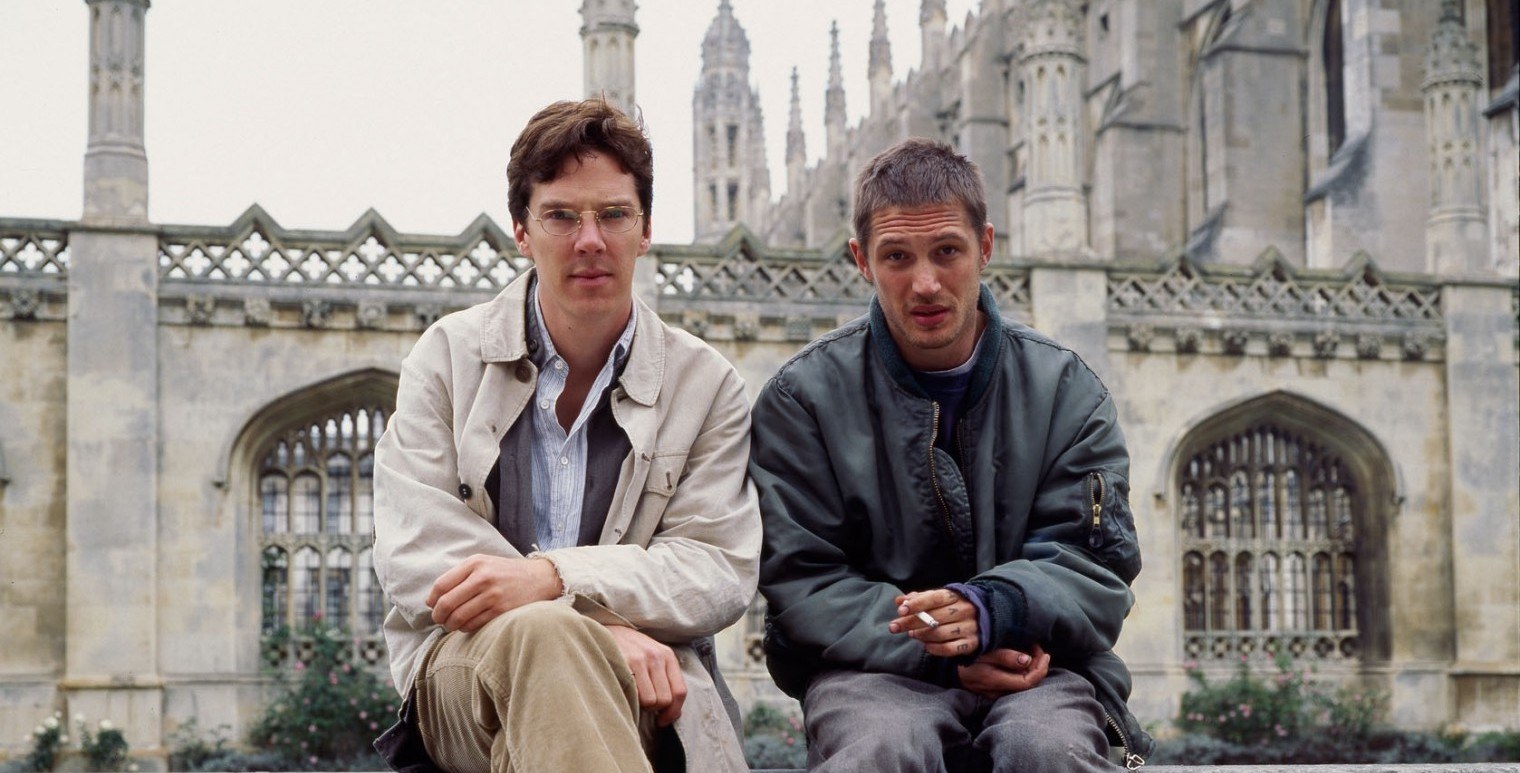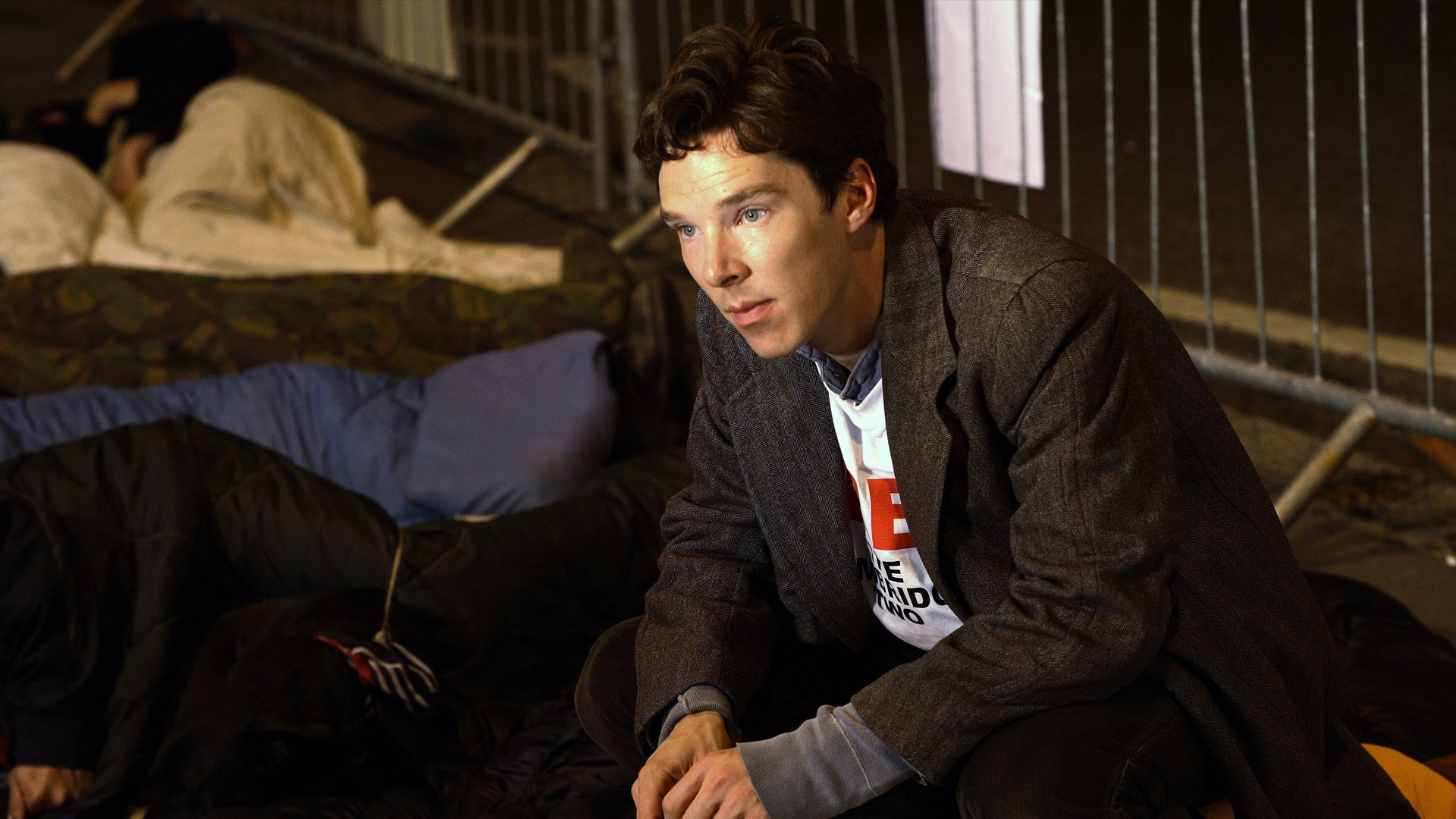Stuart: A Life Backwards (2007)

Stuart: A Life Backwards is a powerful 2007 British television drama based on the memoir by Alexander Masters. The film tells the poignant story of Stuart, a man who has faced unimaginable hardship, trauma, and mental illness throughout his life. What makes this film stand out is its unconventional narrative structure: the story is told in reverse, starting with Stuart in the present day and working backward through key events in his troubled past. This narrative choice adds an intriguing dimension to the story, offering viewers a deeper understanding of Stuart’s life and the complex journey he has endured.
The plot of Stuart: A Life Backwards revolves around Alexander Masters (played by Tom Hardy), a writer who becomes fascinated with Stuart (played by Benedict Cumberbatch), a homeless man with a difficult and traumatic history. Stuart’s life is explored through the perspective of Masters, who attempts to understand the events that led to Stuart’s current circumstances. Through flashbacks and the reverse storytelling technique, the audience learns about Stuart’s troubled childhood, his struggles with mental illness, and his time spent in and out of institutions and the streets. The film portrays Stuart as a multifaceted individual, much more than just a homeless person, highlighting his intelligence, wit, and vulnerability.
A central theme in Stuart: A Life Backwards is mental illness and its profound impact on a person’s life. Stuart’s struggles with his mental health are portrayed with sensitivity and depth, shedding light on the difficulties of living with conditions like schizophrenia. The film also delves into the trauma that shaped Stuart’s life, from his difficult childhood to the events that led to his homelessness. Through Stuart’s journey, the film poignantly explores how mental illness and trauma can disrupt not only the individual’s life but also their relationships with others. The depiction of Stuart’s inner world encourages empathy, understanding, and a deeper reflection on the complexities of mental health.

Another significant theme in the film is homelessness, and the ways in which society views and responds to it. Stuart’s experiences as a homeless man are depicted with stark realism, illustrating the harshness and isolation that come with living on the streets. The film challenges societal stereotypes about homelessness, showing that people living in these conditions are not defined solely by their circumstances but have complex lives filled with struggles, hopes, and dreams. Through Stuart’s story, Stuart: A Life Backwards invites viewers to reflect on the social and systemic issues that contribute to homelessness and mental illness, and the ways in which society often fails to support those in need.

The performances in Stuart: A Life Backwards are remarkable, with Benedict Cumberbatch delivering an unforgettable portrayal of Stuart. Cumberbatch brings a deep sense of humanity to the role, capturing the complexity of Stuart’s character—his intelligence, humor, pain, and vulnerability. Tom Hardy also gives a strong performance as Alexander Masters, portraying his growing empathy for Stuart while also providing the audience with a perspective that helps them understand Stuart’s struggles. The chemistry between the two actors enhances the emotional depth of the film, making the audience invested in both Stuart’s past and his ongoing journey toward redemption.

In conclusion, Stuart: A Life Backwards is a deeply emotional and thought-provoking film that explores the complexity of human lives, particularly those affected by mental illness and homelessness. Its unconventional narrative structure adds depth to the storytelling, offering viewers a unique perspective on Stuart’s life. The film encourages empathy, challenges societal stereotypes, and highlights the importance of understanding and compassion for those who are often marginalized. With outstanding performances and a poignant story, Stuart: A Life Backwards is a powerful reminder of the resilience of the human spirit and the importance of seeing beyond one’s struggles to recognize their worth and humanity.











